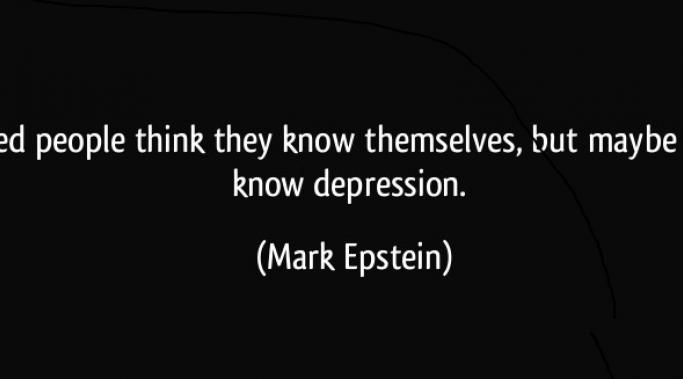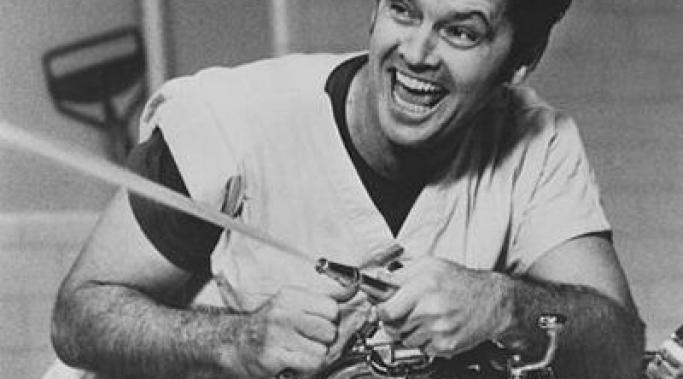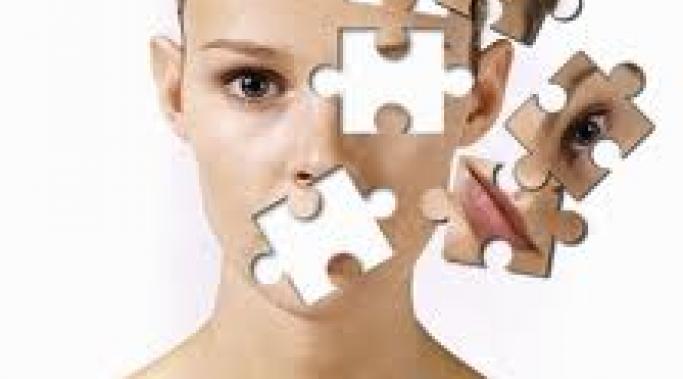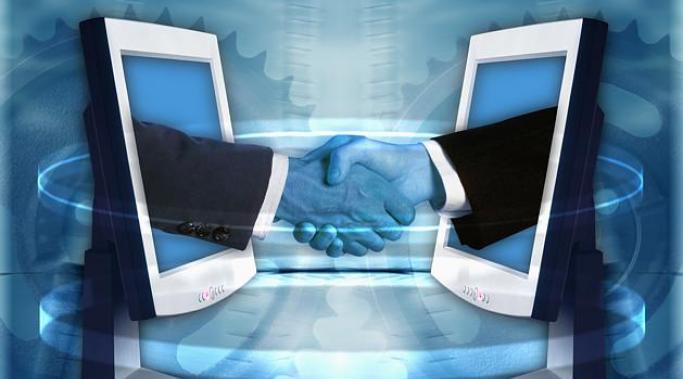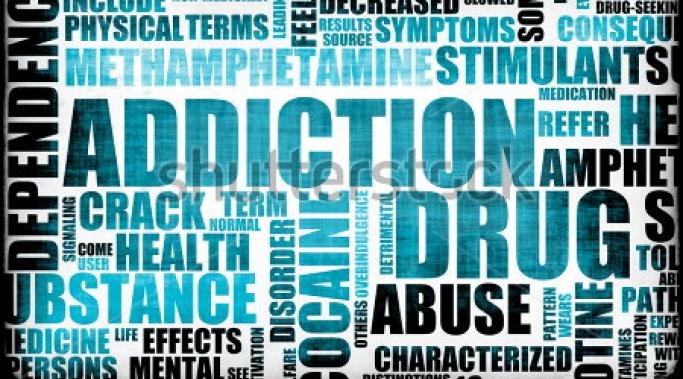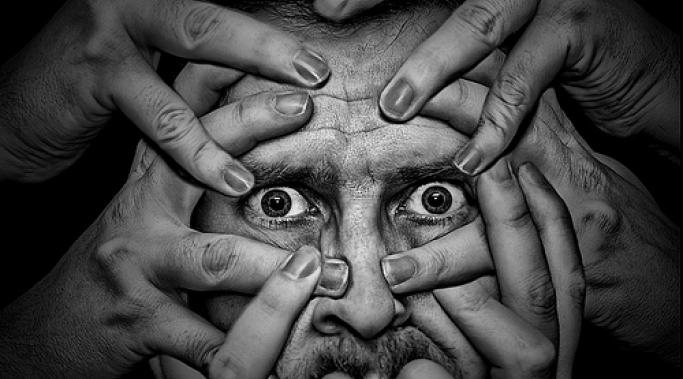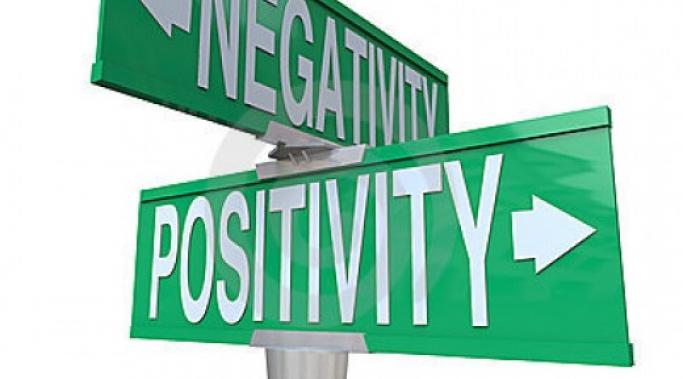There are four-letter words and then there are four-letter words. What four-letter word comes to mind when I say mental illness? Pain, fear, meds or perhaps a few salty words? What about hope? Does hope enter the conversation?
Mental Health - Recovering from Mental Illness
In this age of awareness and enlightenment, mental health awareness still generates a great deal of ignorance. Sometimes, even well-meaning statements perpetuate stigma, even on sites that seek to eradicate said stigma. Recently, the poster below came across my news feed from several mental health and depression pages. The depression quote is attributed to Mark Epstein, an American psychologist. While Mr. Epstein's credentials seemingly qualify him to speak knowledgeably on the subject, I do strenuously disagree with this quote's assertion.
My goal for the Recovering from Mental Illness blog will be to discuss resilience, offer encouragement and share coping techniques I've found helpful in my own mental health recovery. I will also share my mental health challenges so that we can learn from one another.
When typing the title of this blog, I immediately picture Jack Nicholson's character in One Flew Over the Cuckoo's Nest. The 'crazy' one locked inside the 50's-inspired psychiatric hospital. The character considered less crazy than the rest of the patients. But I'm pretty sure his character---based on the glorious book of the same name---probably thought he was sane. Sort of like how I think I'm stable when I can't move from bed.
Side-Note: Yes, that's a brilliant-in-my-humble-opinion image from the film below.
First, an Apology. . .
When you are diagnosed with a mental illness, it can feel like your life is suddenly on display. You can feel sort of like an exhibit at a museum - one your family and friends and psychiatrist want to tend to. It's not easy getting used to this, but what about when you encounter people, situations, on your road to recovery that make you feel exposed?
I would bet my prized record collection that if you live with a mental illness you have heard those words. Probably more than once. Probably more times than you care to recall. But stick with me on this one and keep reading. . .
I am certain that my grandfather-diagnosed with bipolar disorder in his early twenties-was not affected by technology. He was probably not bombarded by an onslaught of information available at our fingertips. This poses the question: How does rapidly evolving technology influence our mental health recovery?
Initially, the title of this blog was "A Recipe For Disaster..." But I used to really (stress this) enjoy a few cocktails. Or an entire bottle of cocktail mix. And that nearly killed me.
That aside, in this blog I want to focus on why those living with mental illness may abuse substances, what some of these substances are, and the impact this can have when we are working to recover from mental illness.
Why Might People With Mental Illness Abuse Substances?
OK. First, I am not insinuating that those of us living with a mental illness are crazy. Usually, we are not. What I am stating, is that too often it is assumed we are crazy. People hear the words "mentally ill" and sometimes they instinctively picture things like: homelessness, drooling, talking at inappropriate times or not talking at all, dirty bathrobes, dark hospital corridors and a trembling body.
Let's do the math: mental illness = positivity. Right? Well, usually not, but it works in our favor to try to find positive aspects when recovering from mental illness. I'm going to break this down into the three stages of recovery we all go through.

